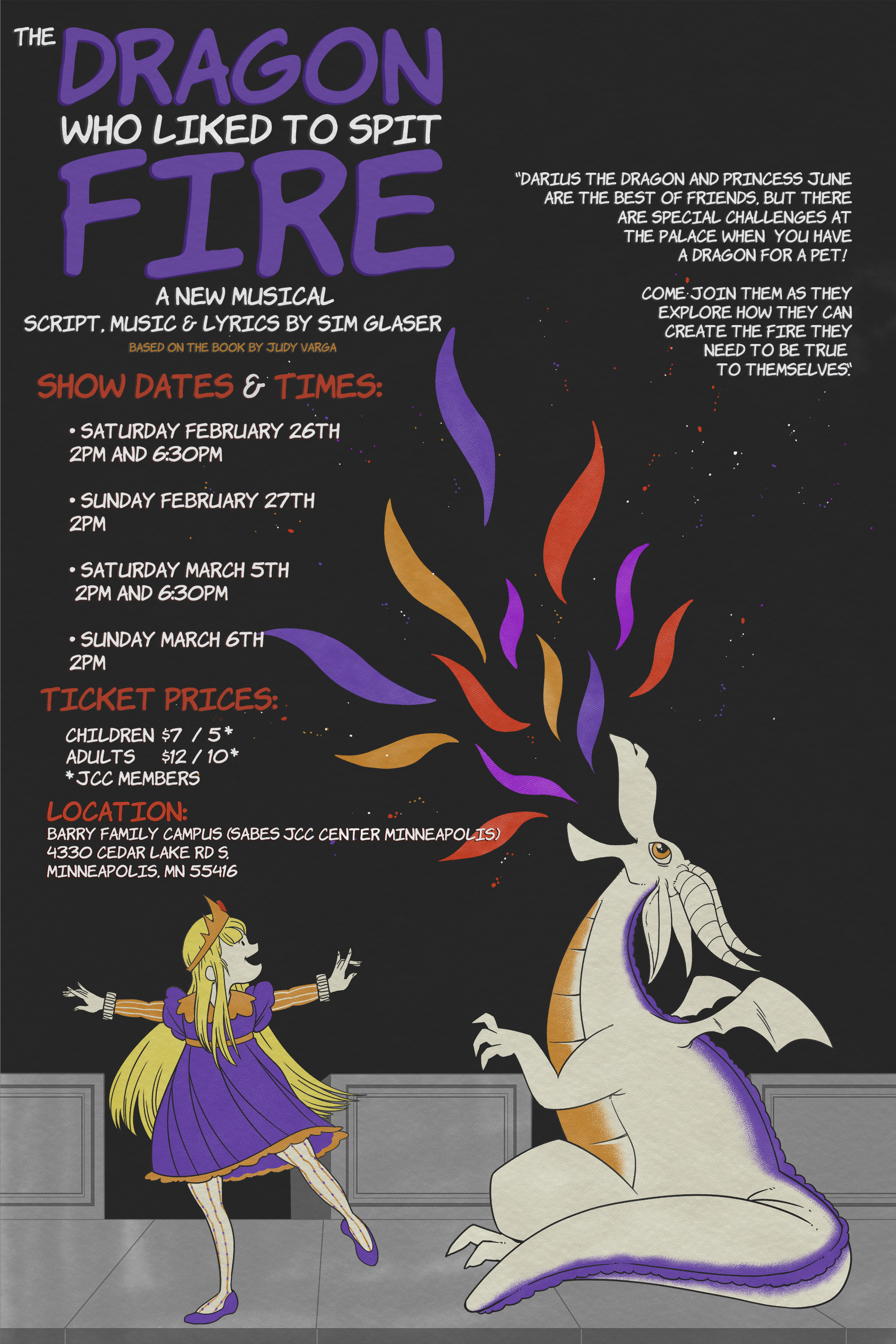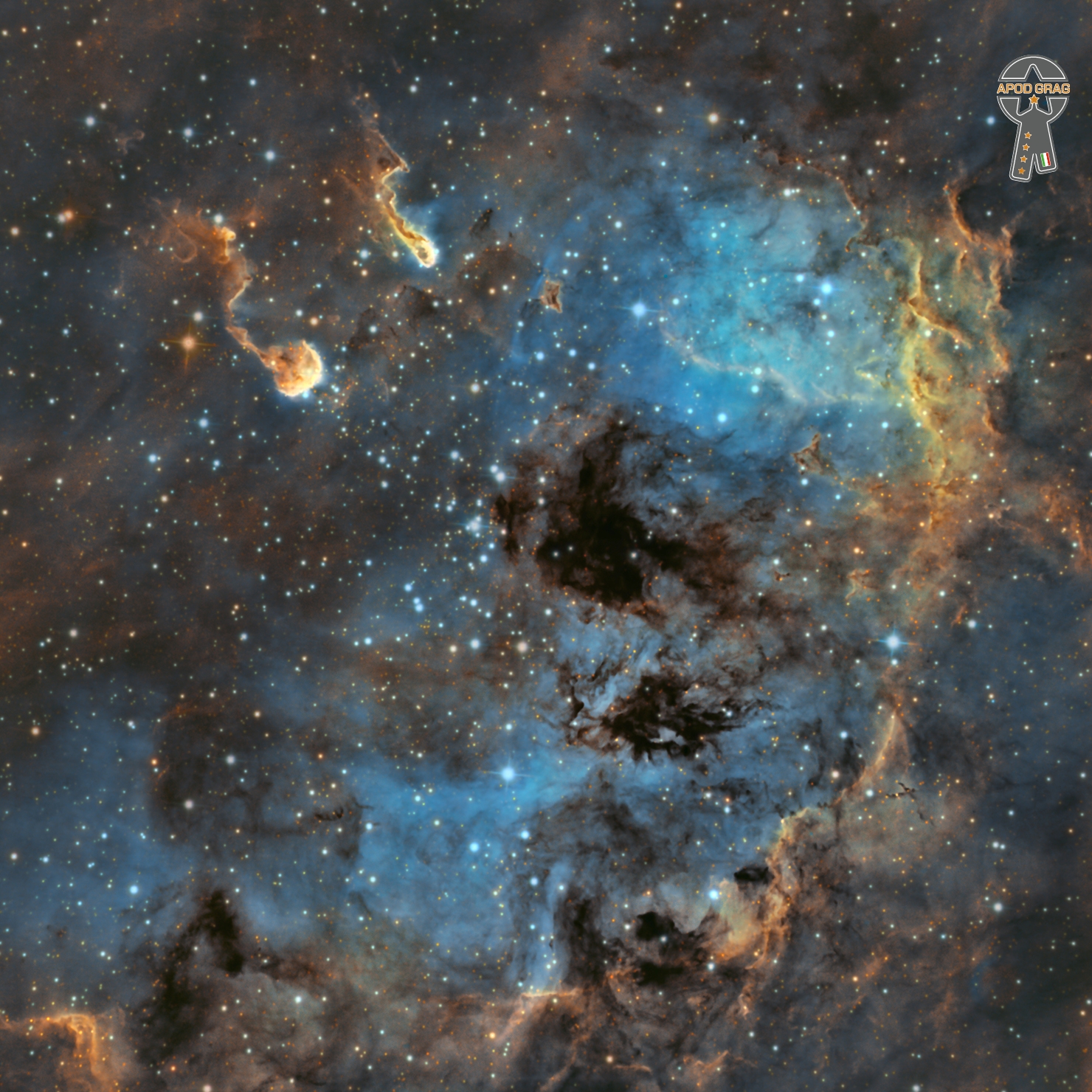Blog
FREE UKRAINE
more...Juan de Dios Ventura Soriano (8 March 1940 – 28 July 2021), better known as Johnny Ventura nicknamed El Caballo Mayor, was a Dominican singer and band leader of merengue and salsa. The merengue legend was a legislator of the Lower House between 1982 and 1986. He also served as vicemayor of Santo Domingo from 1994 to 1998, and as mayor of Santo Domingo from 1998 to 2002.
He began his career as a singer when he presented himself with some friends in a program of devotees which was broadcast by La Voz de la Alegríaweekly. The young Ventura, only 16 years of age, obtained first place of the participants. A little later, he started appearing in the programs of devotees which were sponsored by La Voz Dominicana. When Ventura Soriano appeared for the first time in the TV show: La TV busca una estrella, that was broadcast Friday night at seven, they rang the bell. In the following week, like a champion, Juan de Dios returned to be welcomed in the same competition. He practiced, worked and was crowned for the hit. Then he won first prize. Thereupon he won a lot of prizes in the devotees programs, until he was finally rewarded with the much desired scholarship which the broadcasting company, property of José Arismendy Trujillo Molina, gave for young talents. With La Voz Dominicana Juan de Dios studied music, vocal techniques and expression. This made Ventura one of the most famous singers in Latin America.
more...William Edward Childs (born March 8, 1957) is an American jazz pianist, composer, arranger and conductor from Los Angeles, California, United States.
When he was sixteen he attended the Community School of the Performing Arts sponsored by the University of Southern California. He studied music theory with Marienne Uszler and piano with John Weisenfluh. From 1975–’79 he attended the University of Southern California and received a degree in composition under the tutelage of Robert Linn.
While still a teen, Childs was playing professionally and he made his recording debut in 1977 with the J. J. Johnson Quintet during a tour of Japan, documented as “the Yokohama Concert”. He gained significant attention during the six years (1978–84) he spent in trumpeter Freddie Hubbard‘s group. His early influences as a pianist included Herbie Hancock, Keith Emerson, and Chick Corea and as a composer, Paul Hindemith, Maurice Ravel and Igor Stravinsky. Childs nevertheless had an original conception of his own from near the start, developing his own voice as both a pianist and a composer in jazz and classical music genres.
more...
Gábor István Szabó (March 8, 1936 – February 26, 1982) was a Hungarian American guitarist whose style incorporated jazz, pop, rock, and Hungarian music.
Szabó was born in Budapest, Hungary. He began playing guitar at the age of 14. In the aftermath of the Hungarian revolution of 1956, he moved to California and later attended the Berklee College of Music in Boston between 1958 and 1960. While visiting family in Budapest during the Christmas holiday, Szabó was admitted to the hospital and finally succumbed to the liver and kidney ailments he suffered from and died on February 26, 1982. He was buried in Farkasréti Cemetery.
more...
George Edward Coleman (born March 8, 1935) is an American jazz saxophonist known for his work with Miles Davis and Herbie Hancock in the 1960s. In 2015, he was named an NEA Jazz Master.
Coleman was born in Memphis, Tennessee. He was taught how to play the alto saxophone in his teens by his older brother Lucian Adams, inspired (like many jazz musicians of his generation) by Charlie Parker. Among his schoolmates were Harold Mabern, Booker Little, Frank Strozier, Hank Crawford, and Charles Lloyd.
more...John Smith Hurt (March 8, 1893 – November 2, 1966 Teoc, MS), better known as Mississippi John Hurt, was an American country blues singer and guitarist.
Raised in Avalon, Mississippi, Hurt taught himself to play the guitar around the age of nine. He worked as a sharecropper and began playing at dances and parties, singing to a melodious fingerpicked accompaniment. His first recordings, made for Okeh Records in 1928, were commercial failures, and he continued to work as a farmer.
Dick Spottswood and Tom Hoskins, a blues enthusiast, located Hurt in 1963 and persuaded him to move to Washington, D.C. He was recorded by the Library of Congress in 1964. This helped further the American folk music revival, which led to the rediscovery of many other bluesmen of Hurt’s era. Hurt performed on the university and coffeehouse concert circuit with other Delta blues musicians who were brought out of retirement. He also recorded several albums for Vanguard Records.
Hurt returned to Mississippi, where he died, in Grenada, in 1966, aged about 73 years old.
Material recorded by him has been re-released by many record labels. His songs have been recorded by Bob Dylan, Dave Van Ronk, Jerry Garcia, Beck, Doc Watson, John McCutcheon, Taj Mahal, Bruce Cockburn, David Johansen, Bill Morrissey, Gillian Welch, Josh Ritter, Chris Smither, Guthrie Thomas, Parsonsfield, and Rory Block.
more...An energetic outburst from an infant star streaks across this image from the NASA/ESA Hubble Space Telescope. This stellar tantrum — produced by an extremely young star in the earliest phase of formation — consists of an incandescent jet of gas travelling at supersonic speeds. As the jet collides with material surrounding the still-forming star, the shock heats this material and causes it to glow. The result is the colourfully wispy structures, which astronomers refer to as Herbig–Haro objects, billowing across the lower left of this image. Herbig–Haro objects are seen to evolve and change significantly over just a few years. This particular object, called HH34, was previously captured by Hubble between 1994 and 2007, and again in glorious detail in 2015. HH34 resides approximately 1250 light-years from Earth in the Orion Nebula, a large region of star formation visible to the unaided eye. The Orion Nebula is one of the closest sites of widespread star formation to Earth, and as such has been pored over by astronomers in search of insights into how stars and planetary systems are born. The data in this image are from a set of Hubble observations of four nearby bright jets with the Wide Field Camera 3 taken to help pave the way for future science with the NASA/ESA/CSA James Webb Space Telescope. Webb — which will observe at predominantly infrared wavelengths — will be able to peer into the dusty envelopes surrounding still-forming protostars, revolutionising the study of jets from these young stars. Hubble’s high-resolution images of HH34 and other jets will help astronomers interpret future observations with Webb.

John Townes Van Zandt (March 7, 1944 – January 1, 1997 Fort Worth, TX) was an American singer-songwriter. He wrote numerous songs, such as “Pancho and Lefty“, “For the Sake of the Song“, “If I Needed You“, “Tecumseh Valley”, “Rex’s Blues”, and “To Live Is to Fly“, that are widely considered masterpieces of American songwriting. His musical style has often been described as melancholy and features rich, poetic lyrics. During his early years, Van Zandt was respected for his guitar playing and fingerpicking ability.
In 1983, six years after Emmylou Harris had first popularized it, Willie Nelson and Merle Haggard covered Van Zandt’s song “Pancho and Lefty”, reaching number one on the Billboard country music chart. Much of Van Zandt’s life was spent touring various dive bars, often living in cheap motel rooms and backwood cabins. For much of the 1970s, he lived in a simple shack without electricity or a telephone.
Van Zandt’s influence has been cited by countless artists across multiple genres and his music has been recorded or performed by Bob Dylan, Willie Nelson, Lyle Lovett, Merle Haggard, Norah Jones, Emmylou Harris, Counting Crows, Steve Earle, Rodney Crowell, Robert Earl Keen Jr., Nanci Griffith, Guy Clark, Wade Bowen, Gillian Welch, Richard Buckner, Pat Green, Colter Wall, Jason Isbell, Calvin Russell, Natalie Maines, Jason Molina, Kevin Morby, Stephen Duffy, Doc Watson and Frank Turner.
He suffered from a series of drug addictions and alcoholism, and was given a psychiatric diagnosis of bipolar disorder. When he was young, the now-discredited insulin shock therapy erased much of his long-term memory.
Van Zandt died on New Year’s Day 1997 from cardiac arrythmia caused by health problems stemming from years of substance abuse. A revival of interest in Van Zandt blossomed in the 2000s. During the decade, two books, a documentary film (Be Here to Love Me), and numerous magazine articles were written about him. Townes Van Zandt died in the early morning hours of January 1, 1997, at the age of 52. His official cause of death was “natural” cardiac arrhythmia.
more...
Louis Albert Cottrell Jr. (March 7, 1911 – March 21, 1978) was a Louisiana Creole jazz clarinetist and tenor saxophonist. He was the son of the influential drummer Louis Cottrell, Sr., and grandfather of New Orleans jazz drummer Louis Cottrell. As leader of the Heritage Hall Jazz Band, he performed at the famous Carnegie Hall in 1974.
Louis Cottrell was born into an upper-class Creole musical family in New Orleans. His father, Louis “Old Man” Cottrell, Sr., was a famed drummer, and cornetist Manny Perez was his godfather. The young Cottrell grew up around such great musicians as Barney Bigard, John Robichaux, and A.J. Piron. Cottrell studied clarinet under Lorenzo Tio Jr. and Bigard. He began his career in the 1920s with the Golden Rule Orchestra, and then in 1925 played with Paul “Polo” Barnes. Later in the 1920s he worked with Chris Kelly and Kid Rena, then in 1929 found work on the riverboat SS Island Queen with Lawrence Marrero‘s Young Tuxedo Brass Band and Sidney Desvigne. These were the years when he became a prominent union organizer. He joined Don Albert‘s orchestra soon after, recording an album with the orchestra in 1935 under the Vocalion label. He tried his hand at composing, and with Lloyd Glenn and Albert wrote, “You Don’t Love Me (True).”[5] Rhythm and blues bandleader Paul Gayten would later approach Cottrell to record “You Don’t Love Me” and it became one of the first hits of the R & B New Orleans era, having made it to the number 5 spot nationally on the R & B top ten charts. Cottrell toured widely throughout North America with Albert until 1939.
more...Alcide Louis “Slow Drag” Pavageau (March 7, 1888 – January 19, 1969) was an American jazz guitarist and double-bassist.
Pavageau was born in New Orleans, Louisiana. He started his career as a dancer, mastering a dance called the Slow Drag which resulted in his nickname. He learned the guitar as a young man from his cousin Ulysses Picou, a singer in New Orleans. Pavageau came from a musical family and was related to families like the Tios, Picous and Pirons who formed some of the earliest jazz bands. He played Buddy Petit, Bunk Johnson, and Herb Morand. Johnson bragged that he taught Louis Armstrong how to play cornet by ear. He started playing bass in 1927 when he was 39 years old and joined George Lewis‘s band from 1943 and also played in Bunk Johnson‘s band in New York City in 1945. He toured with Lewis through the end of the 1950s. In 1961, while playing with the Louis Cottrell Trio, he recorded New Orleans: The Living Legends for Riverside. He worked at Preservation Hall in the 1960s and recorded one album as a leader in 1965 in addition to frequent recording with Lewis.
Pavageau was the son of Ferreol “Joseph” Pavageau and Alice Philippe. He was the descendant of a marriage between two of the oldest Creole families in New Orleans. His family traced their roots to wealthy French planters who were displaced by the Haitian Revolution and friends of Bienville, the founder of New Orleans. For almost 40 years he was the Grand Marshal of the Second Line of the Mardi Gras Parade. The second line is known for twirling ornamental umbrellas during their gatherings. The twirling of umbrellas may have been adapted from the early Italian immigrant custom of using umbrellas at funeral processions. Alcide died in 1969 in New Orleans at the age of 80.
more...Joseph Maurice Ravel (7 March 1875 – 28 December 1937) was a French composer, pianist and conductor. He is often associated with Impressionismalong with his elder contemporary Claude Debussy, although both composers rejected the term. In the 1920s and 1930s Ravel was internationally regarded as France’s greatest living composer.
Born to a music-loving family, Ravel attended France’s premier music college, the Paris Conservatoire; he was not well regarded by its conservative establishment, whose biased treatment of him caused a scandal. After leaving the conservatoire, Ravel found his own way as a composer, developing a style of great clarity and incorporating elements of modernism, baroque, neoclassicism and, in his later works, jazz. He liked to experiment with musical form, as in his best-known work, Boléro (1928), in which repetition takes the place of development. Renowned for his abilities in orchestration, Ravel made some orchestral arrangements of other composers’ piano music, of which his 1922 version of Mussorgsky‘s Pictures at an Exhibition is the best known.
A slow and painstaking worker, Ravel composed fewer pieces than many of his contemporaries. Among his works to enter the repertoire are pieces for piano, chamber music, two piano concertos, ballet music, two operas and eight song cycles; he wrote no symphonies or church music. Many of his works exist in two versions: first, a piano score and later an orchestration. Some of his piano music, such as Gaspard de la nuit (1908), is exceptionally difficult to play, and his complex orchestral works such as Daphnis et Chloé (1912) require skilful balance in performance.
Ravel was among the first composers to recognise the potential of recording to bring their music to a wider public. From the 1920s, despite limited technique as a pianist or conductor, he took part in recordings of several of his works; others were made under his supervision.
more...The final performance of the premier of the Dragon Who Liked to Spit Fire a musical by Sim Glaser. Sunday March 6th 2022 2pm matinee. JCC St Louis Park. Music with Todd Russell, Riley Helgeson, Mark Yannie, Tom Lewis and mick laBriola.

This was a very unusual type of solar eclipse. Typically, it is the Earth’s Moon that eclipses the Sun. In 2012, though, the planet Venus took a turn. Like a solar eclipse by the Moon, the phase of Venus became a continually thinner crescent as Venus became increasingly better aligned with the Sun. Eventually the alignment became perfect and the phase of Venus dropped to zero. The dark spot of Venus crossed our parent star. The situation could technically be labeled a Venusian annular eclipse with an extraordinarily large ring of fire. Pictured here during the occultation, the Sun was imaged in three colors of ultraviolet light by the Earth-orbiting Solar Dynamics Observatory, with the dark region toward the right corresponding to a coronal hole. Hours later, as Venus continued in its orbit, a slight crescent phase appeared again. The next Venusian transit across the Sun will occur in 2117.

More Posts
- The Cosmos with NGC 7000
- Jimmy Heath Day
- Earl Palmer Day
- Eddie Lang Day
- World Music with Corvus Corax
- Daily Roots with the Abyssinians
- Lisa Gutkin Performance Tech 10-24-18
- The Cosmos with NGC 772
- Joe Watkins Day
- Jimmy Dawkins Day
- Sonny Terry Day
- World Music with Mahala Rai Banda
- Daily Roots with Pablo Moses
- The Cosmos with NGC 4676
- Gary McFarland Day
- Frank Hewitt Day
- Sonny Criss Day
- World Music with Hassan Erraji
- Daily Roots with Clinton Fearon
- The Cosmos with ESO 97-G13

